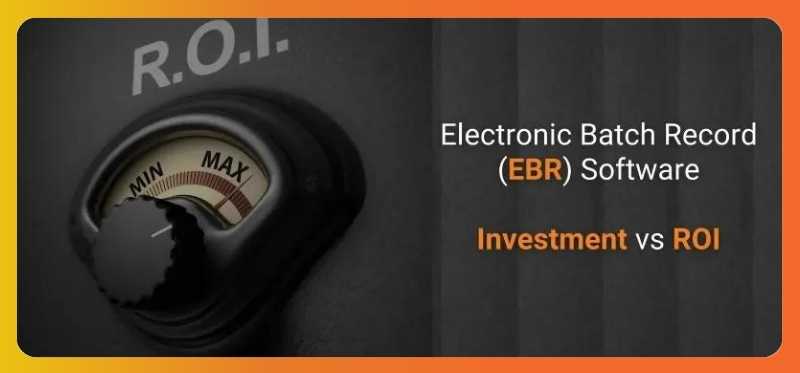Why an Easy-to-Use Batch Record System Makes All the Difference
At Sarjen Systems, we know that the success of any batch record software hinges on its ease of use. That’s why we designed Process XE® with a primary focus on operator-friendliness. But why is it so crucial for your batch record system to be easy to use? Let’s explore how an intuitive design can make […]









